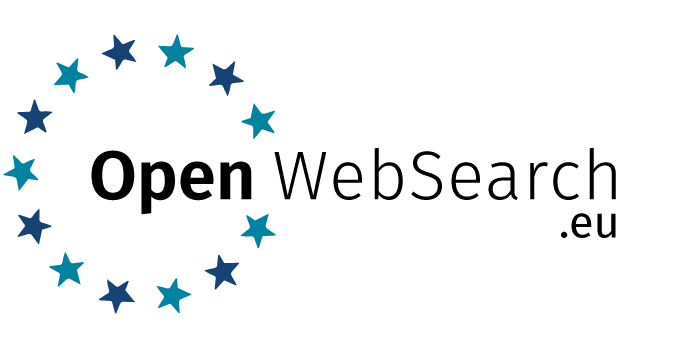“The dream of an open search engine” I Spektrum.de
OpenWebSearch.eu was portrayed in German science magazine Spektrum.de
Read our short summary of the article highlighting the project goals and milestones:
The article is titled „The dream of an open search engine“.
What follows is a thorough look into why Europe desperately needs a web index of its own and how the OWS.EU project that is funded by Horizon Europe currently operates across six European countries in a collaborative manner. The project comprises 14 partners – including Supercomputing Centres, Universities and Non-Profit & Tech Associations. The goal: Building a European Open Web Index prototype as a basis for European digital sovereignty.
„So far, 1.3 billion URLs in 185 languages, totaling 60 terabytes, have been crawled and indexed“ states OWS.EU project lead Michael Granitzer from the University of Passau in the article.
Quite a milestone, considering that the Horizon Europe funded project is currently only mid-term into its timeline and already taking on tangible shape.
Will OWS.EU create a Search Engine that can compete with existing giants such as Google and Bing?
The OWS.EU project will certainly also develop its own search offerings, but only as prototypes to show what is possible. The aim is not to compete directly with Google. “It’s about enabling diversity in the search market in the first place. We provide the search index that partners can use, whether commercially or non-commercially.” says Michael Granitzer.
A variety of search engine types could be implemented in the future, e.g. Vertical Search Engines that focus on special topics of interest or Argument-Search that can deliver pros and cons for specific search queries.
Even privacy-friendly downloadable index parts to allow custom-search could be an option.
But what’s more, is that the indexed data could be used to train AI, paving the way for conversational search and more.
The full article is available in German language for Spektrum.de subscribers only at: https://www.spektrum.de/news/openwebsearch-der-traum-einer-offenen-suchmaschine/2213413



